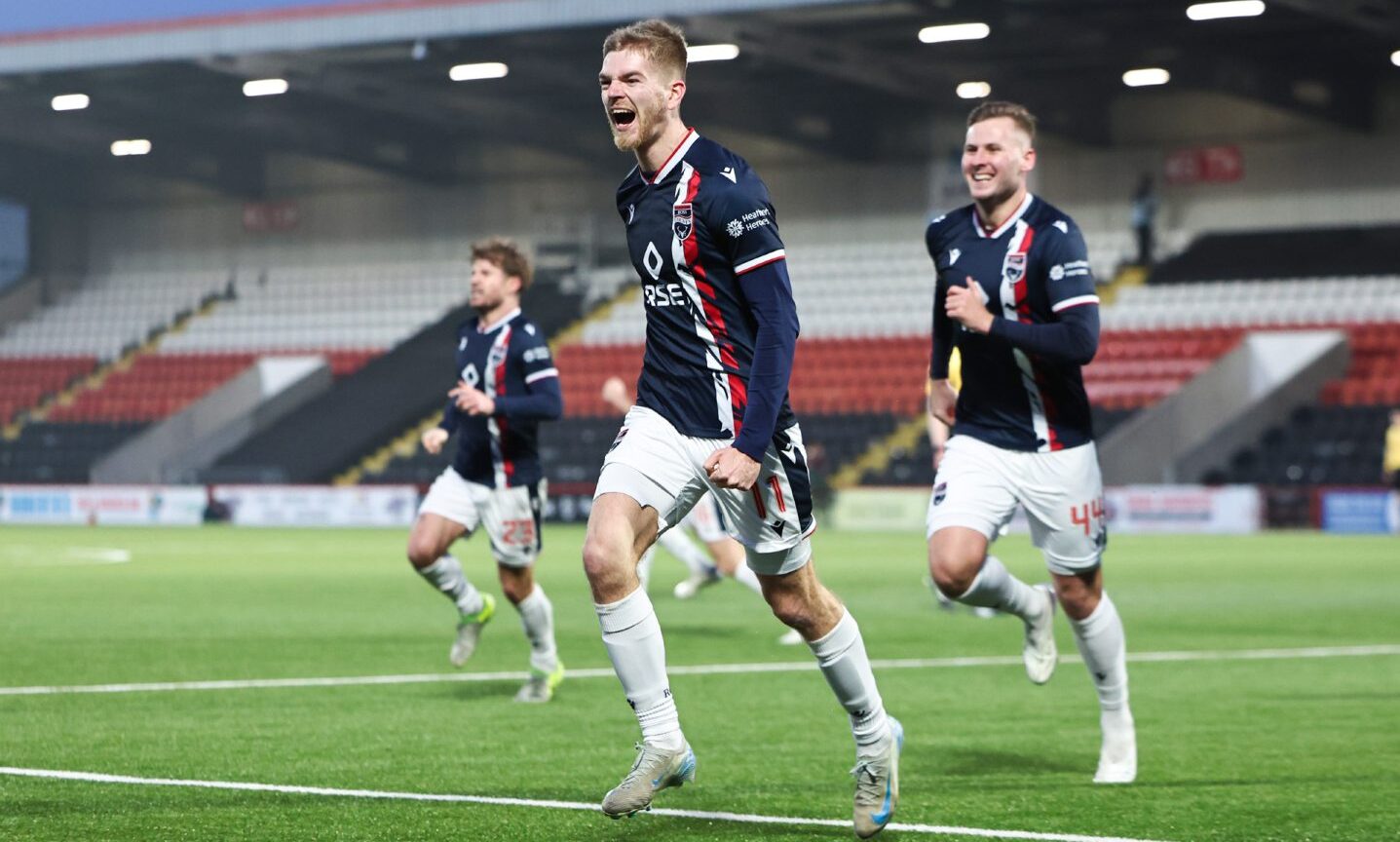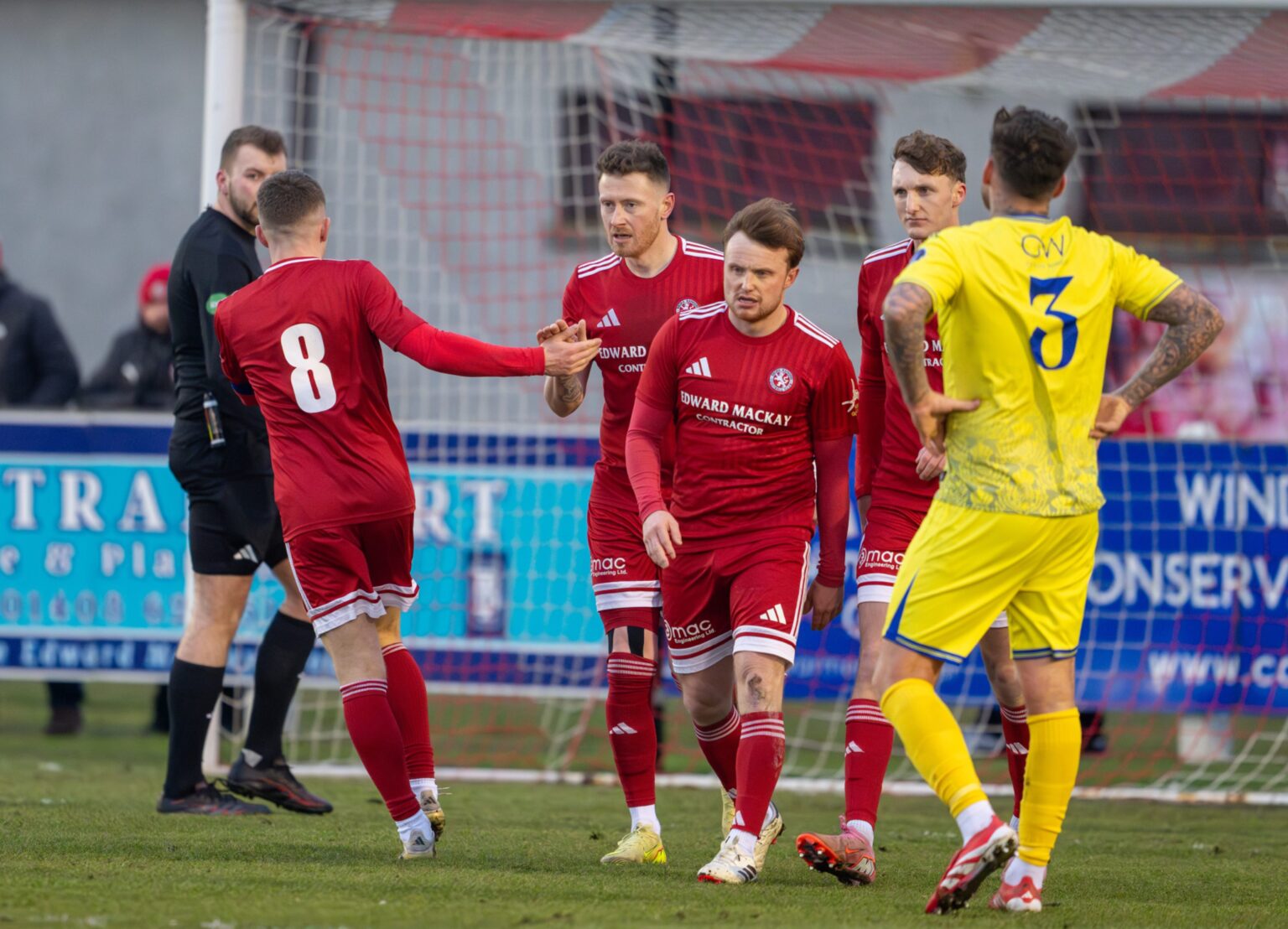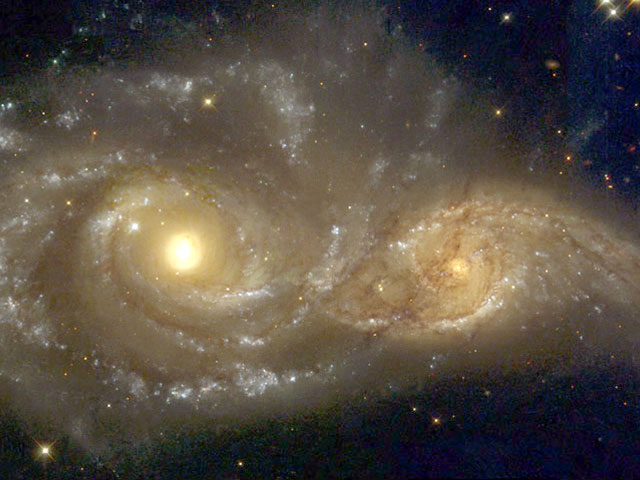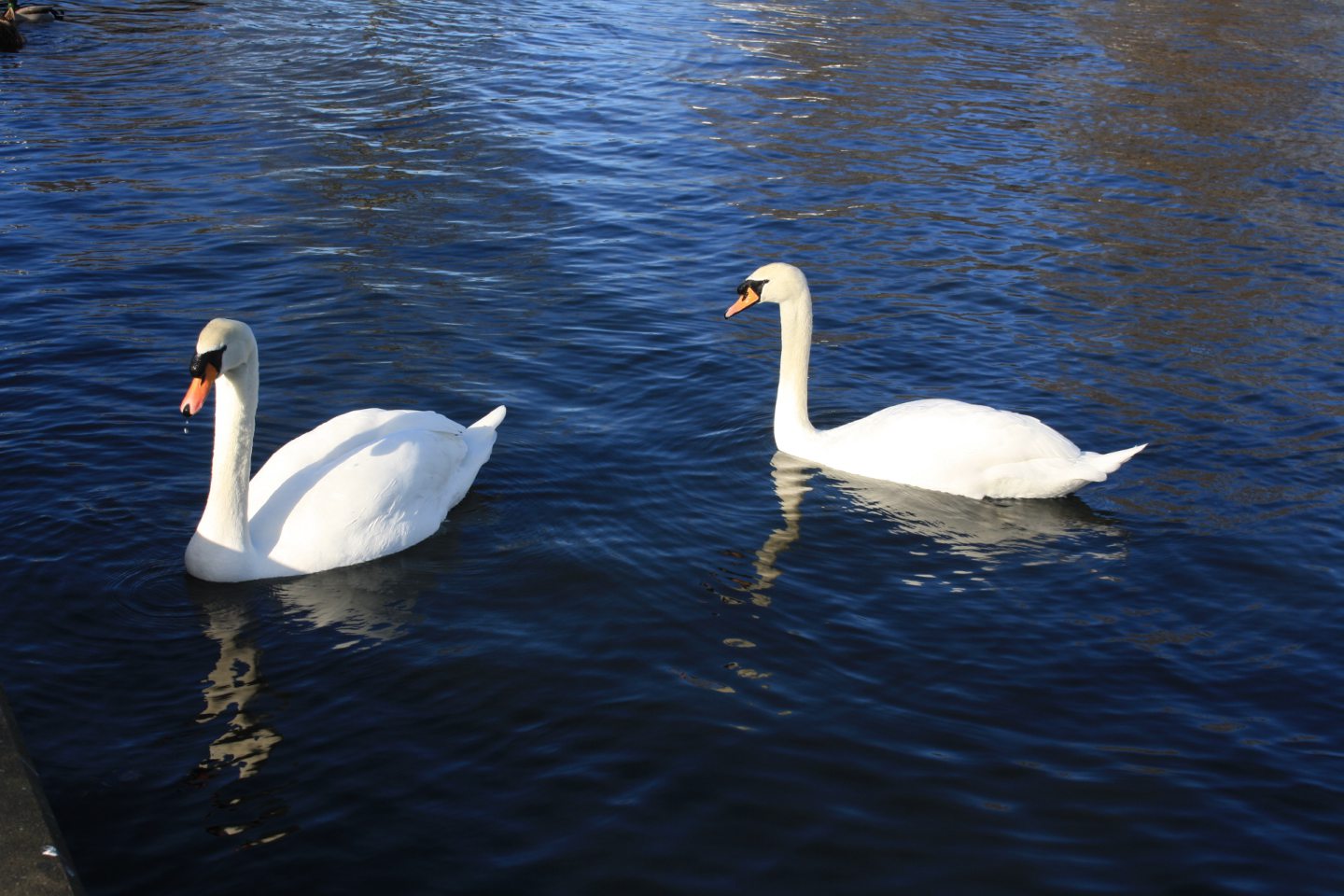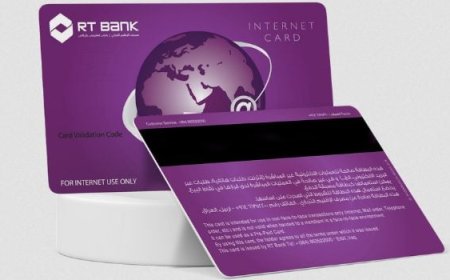Iraqi voters split over political change, distrust ahead of November ballot

ERBIL, Kurdistan Region - With Iraq’s legislative elections just a little over three weeks away, people on the streets of Iraq are seemingly taken over by both a deep-seated desire for change among the youth and a pervasive skepticism among older generations.
Abdulrahman Salim Ali, a 20-year-old first-year anesthesiology student from the provincial capital of Iraq’s northern Nineveh province, Mosul, who is preparing to cast his ballot for the first time on November 11.
Speaking to Rudaw’s Nazanin Goran in the elections’ special program, Yekam Dang - Kurdish for “The First Vote” - Ali highlighted the crushing employment crisis for youth across the country. “I have been looking for a part-time job since winter that would fit with my studies, but I haven’t found any opportunity yet,” Ali said.
Despite this, Ali urged youth to shoulder their responsibility and turn out to the polling stations.
In recent years, in an effort to ease youth dissatisfaction and respond to the demands of a generation that makes up nearly one-third of the population, the government has increasingly turned to large-scale public sector hiring.
In 2015, the total number of civil servants stood at 3,027,069. A decade later, that figure has risen to 4,074,697. Notably, according to finance ministry salary records, more than one million new civil servants were added in just the past year alone.
However this trend has been very costly as between 2015 and 2024, annual salary expenditures rose by 27.4 trillion Iraqi dinars (around $21 billion), surpassing 60 trillion dinars (around $46 billion) last year.
Notably, the Mosul native, who is an Arab, told Rudaw he is planning to vote for a Kurdish candidate, stressing that his choice stems from his belief in electing qualified persons without regard to ethnic, religious or partisan backgrounds.
“My father told me to choose the most qualified person” and “never vote for the corrupt,” Ali affirmed. Underlining the importance of lawmakers working to provide young people with their basic rights - education, healthcare, and job opportunities - he emphasized that “people need genuine and visible change, not empty promises.”
The Islamic State (ISIS) in 2014 led a blitz offensive seizing large swathes of territory in western and northern Iraq, including Mosul. The extremist group declared Mosul as the so-called capital of their proclaimed caliphate between Iraq and Syria.
The city was liberated in 2017 after a months-long battle that left much of the city in ruins, but more critically, fractured Mosul’s social and cultural fabric.
Before ISIS, Mosul was known for its ethnic and religious diversity, including substantial populations of Sunni Arabs, Kurds, Assyrians, and Turkmens, alongside smaller communities of Christians, Shabak and Shiite Arabs. A national survey conducted in 2025 revealed a drop from 2.5 million residents before ISIS’s rise to just 1.9 million today.
However, many citizens in Mosul expressed a profound loss of faith in the political process, leading to planned boycotts.
In Mosul’s fish market, one seller stated bitterly, “I won’t vote. My house was destroyed in the war against ISIS, and until now, I haven’t received any compensation,” while another 65-year-old shopkeeper echoed the sentiment noting, “I have been voting for 24 years and haven’t seen any change. This time, I’m boycotting.”
The Kirkuk question
In the multi-ethnic oil-rich province of Kirkuk, Bahram Sirwan, a first-year physics student, urged voters to elect a representative who doesn’t represent just one community, “but all the communities of Kirkuk, working fairly to address their problems.”
The long-standing feud over the disputed province of Kirkuk remains one of Iraq’s most intractable issues, rooted in both constitutional ambiguity and historical grievances among its ethnic communities.
At its core, the dispute centers on the failure to implement Article 140 of the Iraqi Constitution of 2005, which outlines a three-step process - normalization, census and referendum - to determine whether Kirkuk and other disputed territories should fall under the federal authority of Baghdad or the Kurdistan Regional Government (KRG).
The dispute is further complexified by the legacy of demographic change and land disputes under the Saddam Hussein-led Ba'ath regime, whose "Arabization" policies forcibly displaced Kurds and Turkmens, resettling Arabs in their place.
Today, the oil-rich province is the scene of an ongoing struggle for administrative control and key posts - particularly the governorship - among its major ethnic and political factions: the Kurds - mainly the Patriotic Union of Kurdistan (PUK) and the Kurdistan Democratic Party (KDP) - Arabs and Turkmens.
Tensions spiked in August 2024 when Rebwar Taha of the PUK was appointed Kirkuk governor in a disputed Baghdad meeting attended by only nine council members - five from the PUK, three Arabs and one Christian.
The KDP and several Sunni Arab and Turkmen members boycotted the session as illegal, though Iraq’s judiciary later upheld the decision.
Recently, Arab council members expressed support for Taha’s governorship under a power-sharing deal with the PUK, but he has shown no sign of stepping down.
For his part, Sirwan concluded by stressing the importance of participation in the upcoming legislative elections, affirming that he will vote “because even a single vote in Kirkuk is important and could change the balance of power.”
[Source: Rûdaw English]

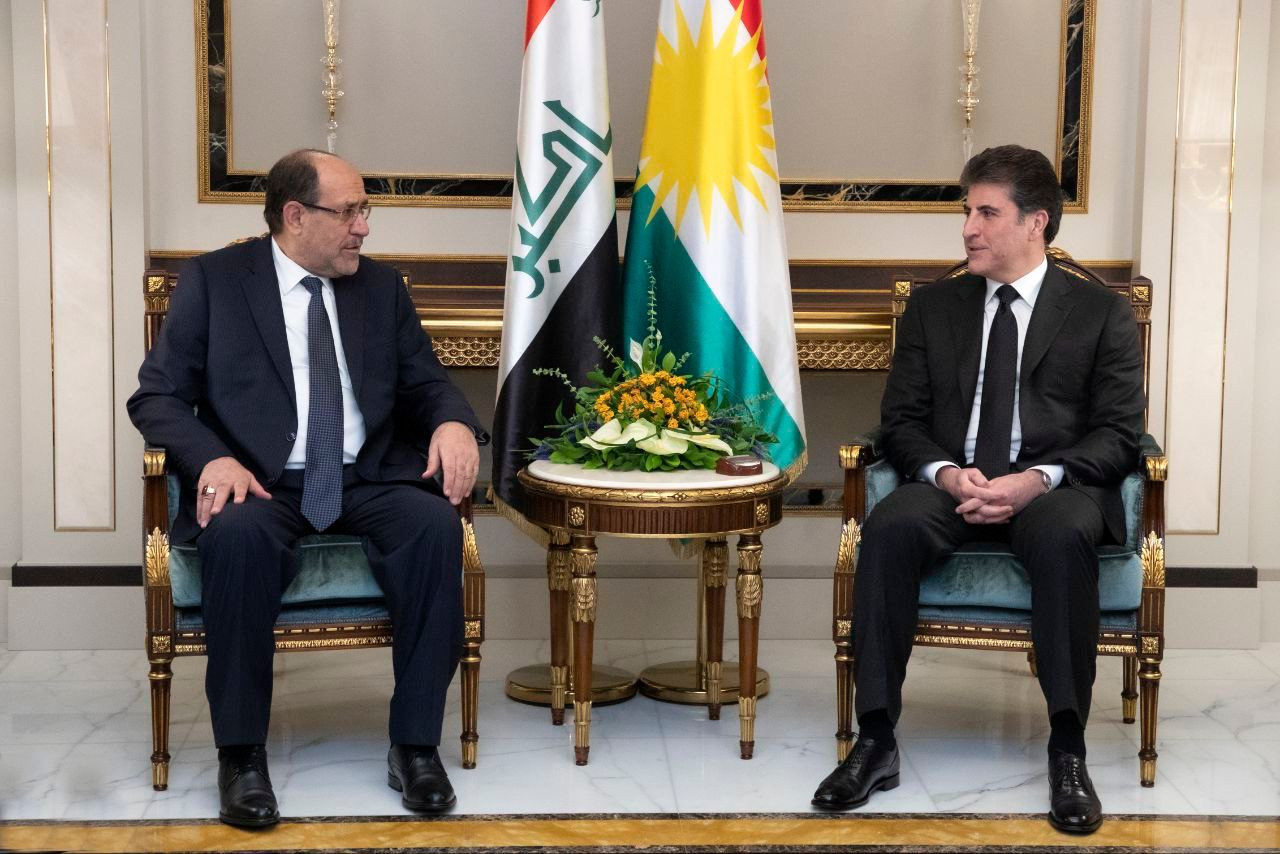




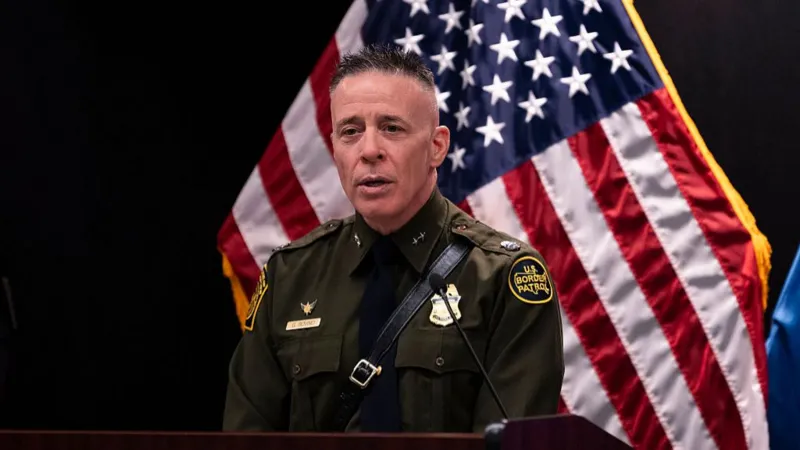














/file/attachments/orphans/taku-transport_666718.jpg)






